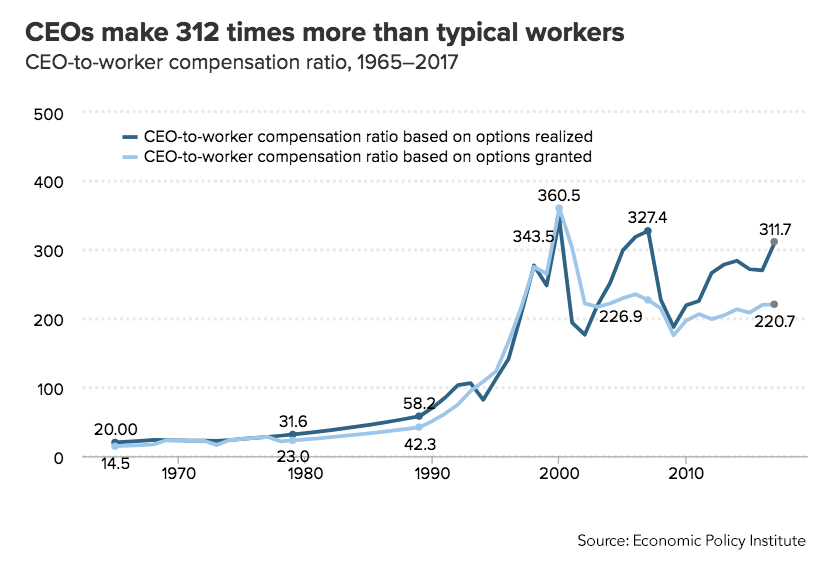Last Friday, the Bureau of Labor Statistics released its monthly jobs report – a relatively modest 134,000 jobs created in September and unemployment down to 3.7 percent. And President Trump, as has become his habit, wasted little time in tweeting boastfully about the new data.
But this has become an exercise in cherry-picking and selective memory. It’s worth taking a step back to evaluate how we got here and who did the heavy lifting. In fact, it was President Obama who inherited an economy in catastrophic freefall, whose stewardship pulled the auto industry back from the brink and ushered the nation out of the Great Recession. Job growth in the last 20 months of the Obama administration was actually better than in the first 20 months of the Trump administration.
But we need to ask a bigger question: What’s the measure of a strong economy?
Is it simply the number of jobs created or a certain level of GDP growth? These are certainly important–low unemployment is obviously better than high unemployment. But is that enough? To whom are the benefits of economic growth flowing? Are these new jobs family-sustaining?
There is plenty of evidence that this is a strong economy primarily for those already in a privileged position. As a recent Washington Post headline put it: “America is richer than ever, but most Americans aren’t.”

